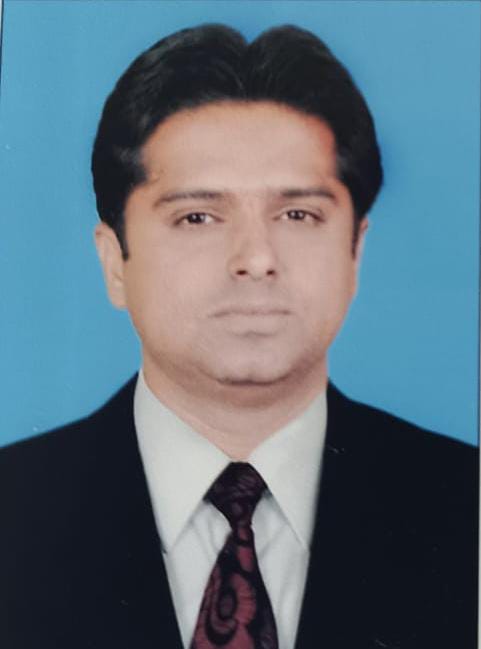
Abdul Ghafoor Sarohi
Sindh, often referred to as the heart and brain of Pakistan, is a province rich in history, culture, and resources. Its economic and political significance is undeniable. However, Sindh has long been subjected to exploitation and injustices that have tarnished its identity and hindered its development. The question now arises: has Sindh been turned into a “dustbin” for the rest of the country? The treatment meted out to Sindh’s resources, people, and economy raises serious concerns about the principles of democracy and federalism.
Karachi, the economic hub of Pakistan, has frequently been forced to bear the brunt of issues originating in other provinces. For instance, protests against incidents such as the Parachinar tragedy led to the complete shutdown of Karachi, causing millions of rupees in economic losses. Karachi’s paralysis directly impacts the nation’s economy and disrupts local businesses and daily life. Why should Sindh be forced to shoulder the burden of problems from other regions? Events occurring in Khyber Pakhtunkhwa or Punjab often result in economic and social disruptions in Sindh, a practice that is both unjust and counterproductive.
Frequent shutdowns, protests, and strikes in Karachi have adverse effects on the national economy. These disruptions harm industries, trade, and the livelihoods of local people. Karachi, a city heavily dependent on global trade, suffers when its ports are closed, damaging Pakistan’s credibility with international trading partners. Political groups responsible for these protests often disregard the fundamental rights of Sindh’s residents, further exacerbating the province’s challenges.
Sindh plays a pivotal role in fulfilling Pakistan’s energy needs, yet its residents face severe energy crises. Natural gas and petroleum extracted from Sindh are distributed across the country, while locals endure frequent power outages and inflated utility costs. This exploitation deprives Sindh’s people of their rightful share in the resources that originate from their land.
Industrial sectors in cities like Hyderabad and Nawabshah are struggling due to energy shortages, leading to economic stagnation. The lack of investment in infrastructure further compounds these challenges, making it difficult for local industries to compete.
Despite contributing significantly to Pakistan’s GDP, the revenue generated from Sindh’s resources remains concentrated in federal coffers. Minimal investments are made to improve Sindh’s infrastructure or address its socio-economic needs.
The continuous migration of people from other provinces to Sindh has strained its resources, creating fierce competition for jobs, land, and business opportunities. This influx threatens the cultural and linguistic identity of Sindh, causing resentment among the local population. Migrants often accept lower wages, displacing local workers and undermining small businesses.
The unchecked migration and settlement of outsiders in Sindh pose a grave threat to its cultural and linguistic heritage. The diminishing use of Sindhi language in urban areas and the loss of traditional practices have created an identity crisis among the province’s people.
Sindh’s plight reflects systemic neglect by federal and provincial authorities. The deliberate marginalization of its resources and people highlights the absence of equitable policies. Whether it is the unjust allocation of gas resources, inadequate industrial support, or the imposition of external issues, Sindh continues to bear the brunt of the country’s mismanagement.
Sindh’s contribution to Pakistan’s prosperity cannot be overstated, yet it remains neglected. It is imperative to acknowledge and address the injustices inflicted upon Sindh. Failing to rectify this will not only harm Sindh but also weaken the unity and stability of Pakistan. Sindh’s resources belong to its people, and any attempt to exploit or marginalize them must be resisted. Only through equitable policies and inclusive governance can the wounds inflicted upon Sindh begin to heal.
This article is a wake-up call for all stakeholders to recognize Sindh’s vital role in Pakistan’s development and to ensure that its rights are upheld and its resources are managed fairly.





